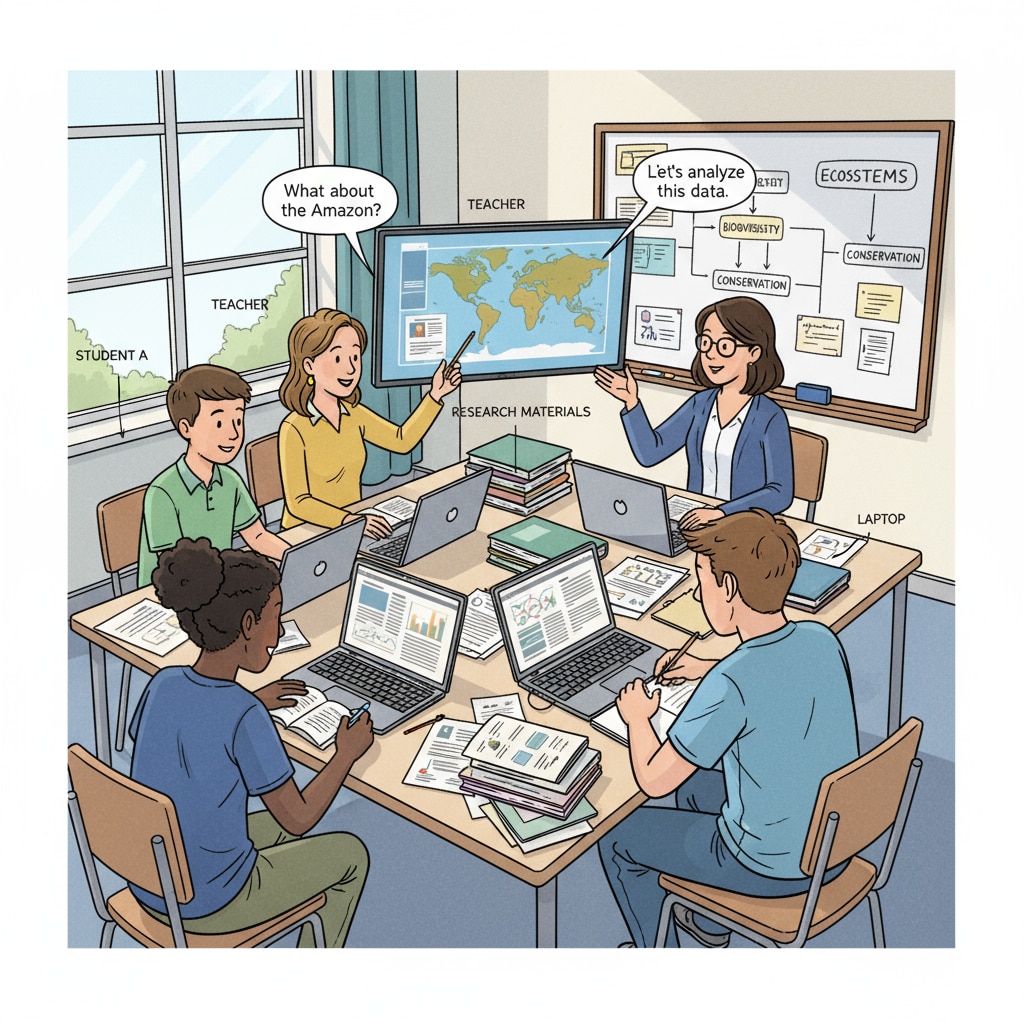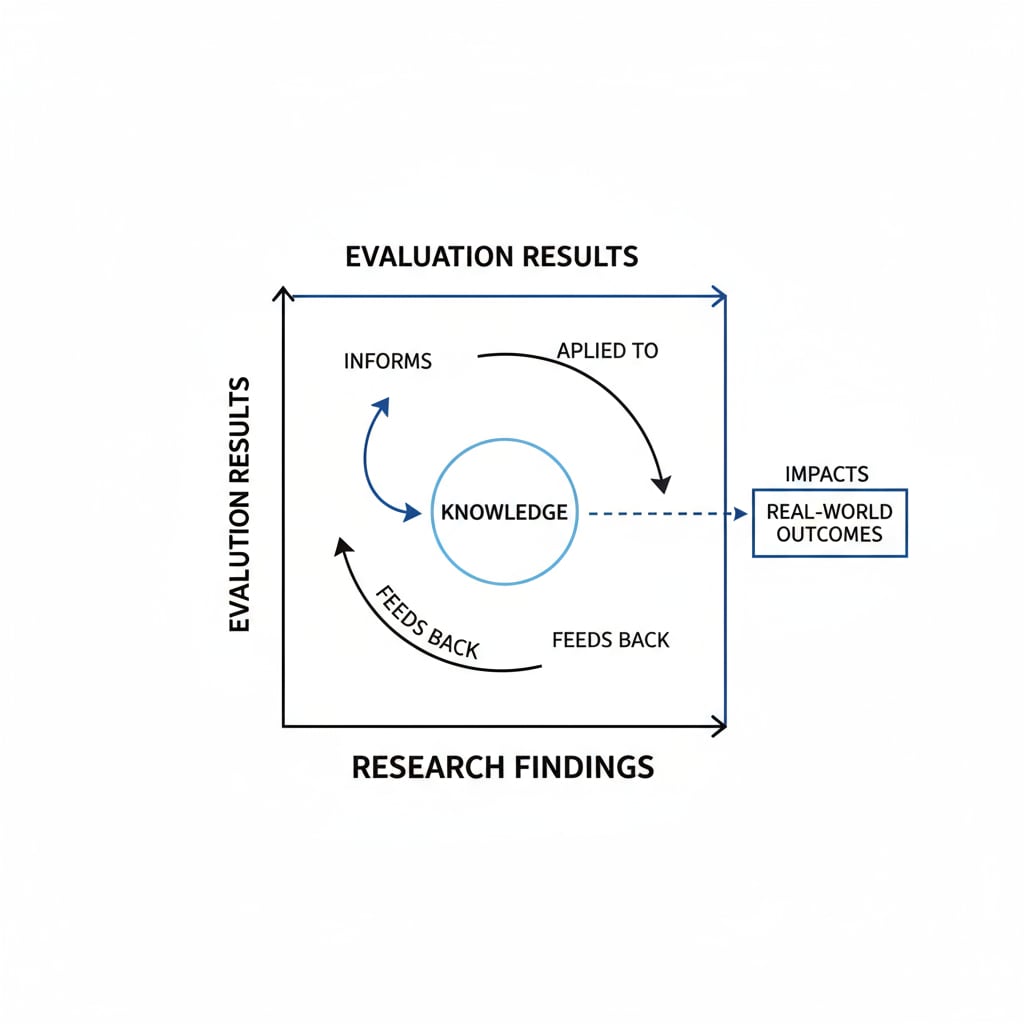Research, evaluation, social inequality, and education are intertwined concepts that play a pivotal role in shaping the K12 education system. In this article, we will explore their professional definitions, relationships, and how they can be harnessed to combat social inequality in education.
The Professional Definitions of Research and Evaluation in K12 Education
Research in K12 education refers to the systematic investigation of educational phenomena. It involves asking questions, gathering data, analyzing information, and drawing conclusions. For example, a researcher might study the impact of a new teaching method on student performance. This could involve collecting test scores, observing classroom behavior, and interviewing teachers and students. According to Merriam-Webster, research is “studious inquiry or examination; especially : investigation or experimentation aimed at the discovery and interpretation of facts.”

Evaluation, on the other hand, is the process of making judgments about the value, effectiveness, or quality of an educational program, product, or policy. It assesses whether the intended goals have been achieved. For instance, evaluating a new curriculum to see if it has improved student understanding of a particular subject. As defined by Britannica, evaluation is “the making of a judgment about the amount, number, or value of something; assessment.”
The Interconnection between Research and Evaluation
Research and evaluation are closely linked. Research provides the data and insights that form the basis for evaluation. The findings from research can help identify areas that need improvement, which in turn guides the evaluation process. For example, if research shows that a significant number of students are struggling with a certain concept, evaluation can then be used to determine the effectiveness of interventions designed to address this issue. In addition, evaluation can also inform future research. If an evaluation reveals unexpected results, it can spark new research questions.

Both research and evaluation are essential for understanding the complex landscape of K12 education. They help educators and policymakers make informed decisions, allocate resources effectively, and improve educational outcomes for all students.
By understanding the professional definitions and interconnection of research and evaluation, we can better utilize these tools to address social inequality in education. This is crucial as social inequality in education can lead to disparities in opportunities and outcomes for students from different backgrounds. In conclusion, research and evaluation are indeed the dual swords that can help us strive towards a more equitable K12 education system.
Readability guidance: Each section clearly presents key points. The use of examples makes the concepts more accessible. The paragraphs are short and concise, and transition words like “for example”, “in addition” are used to enhance the flow.


